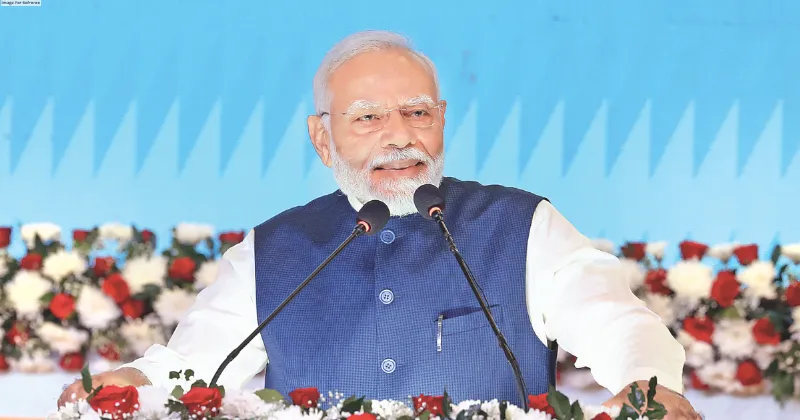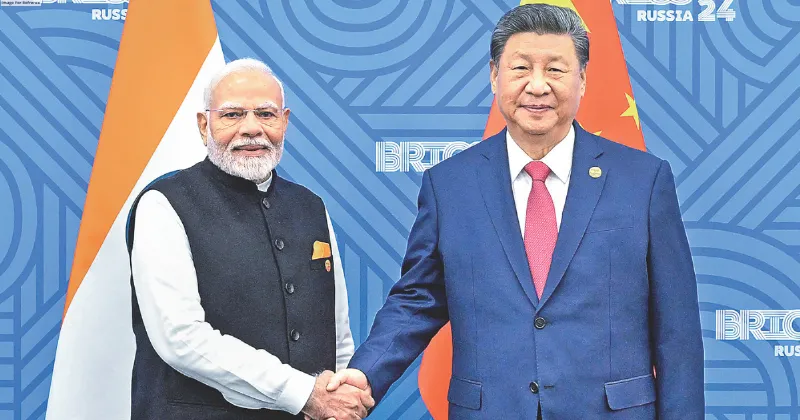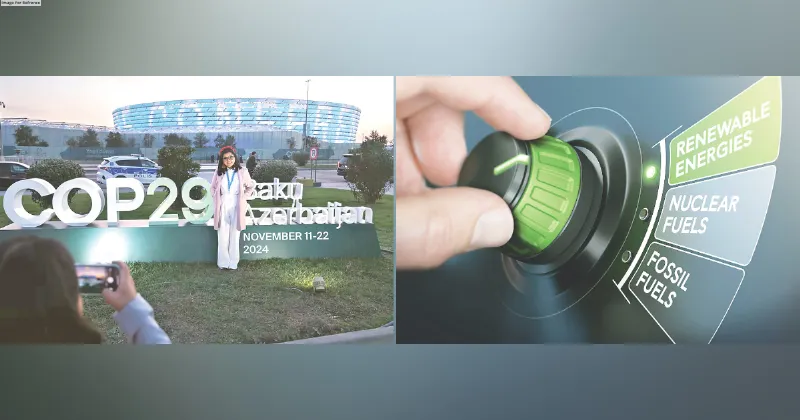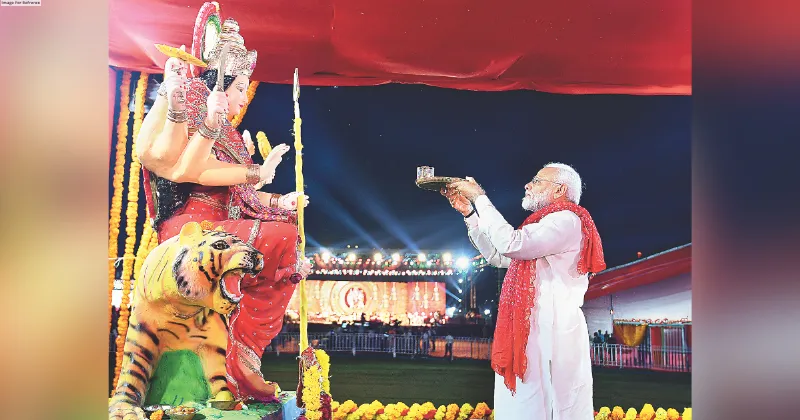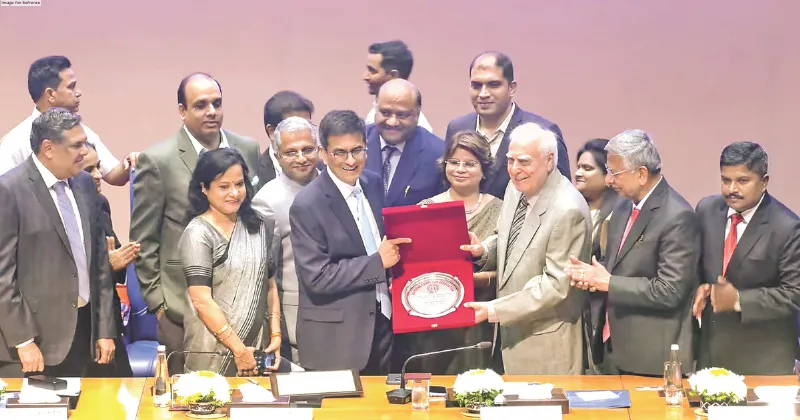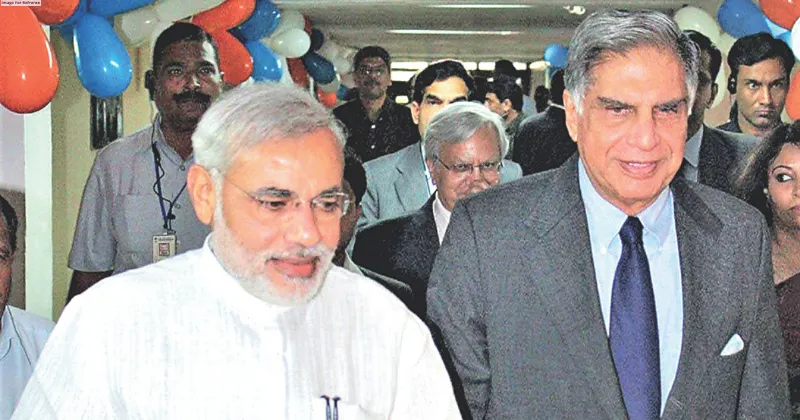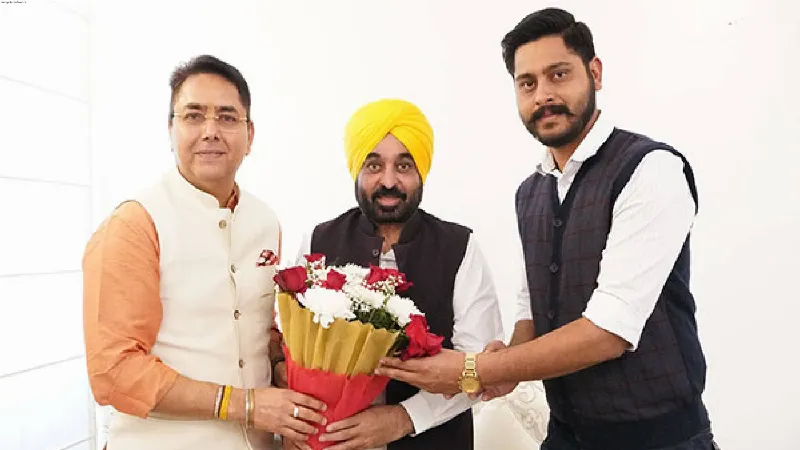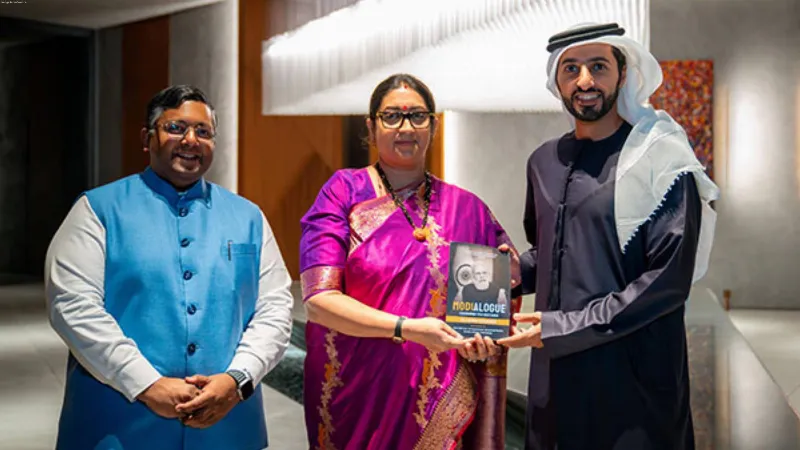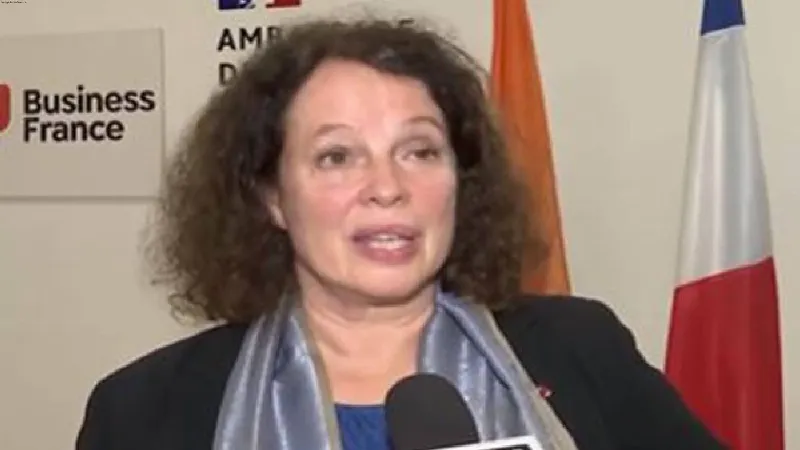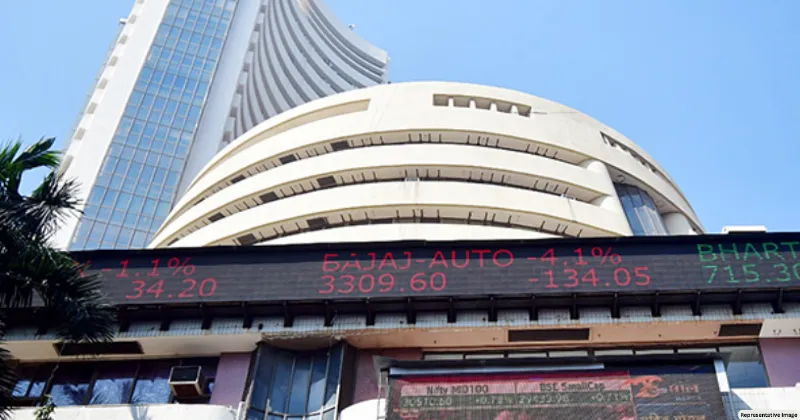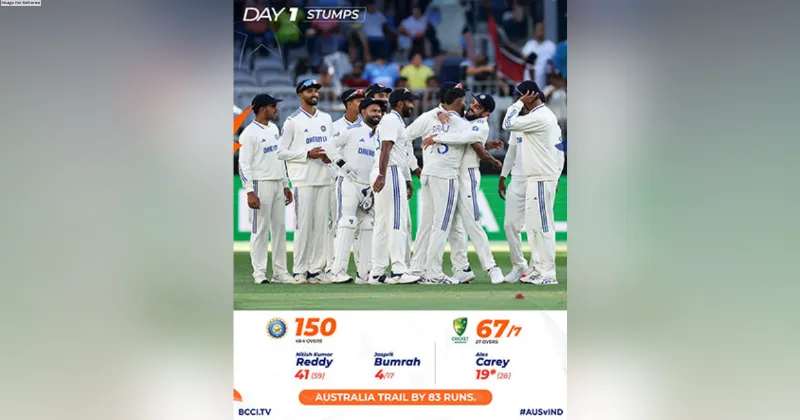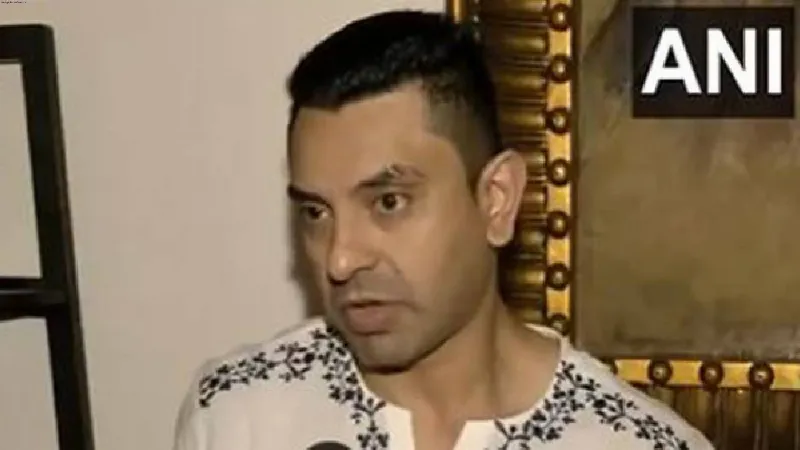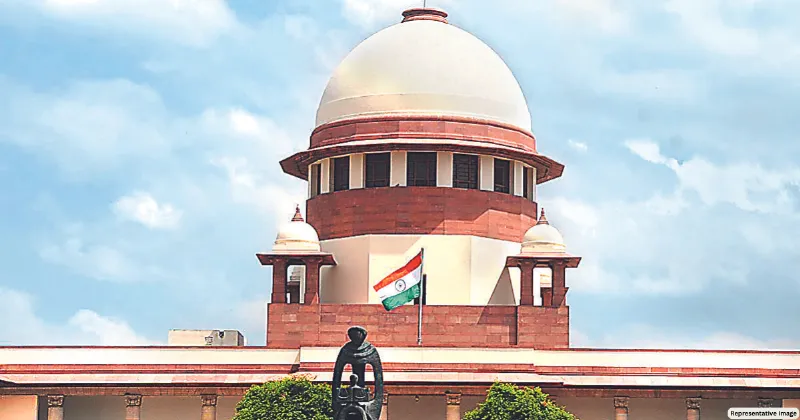Holistic approach needed for utilisation of these National Assets

About 60000 soldiers retire every year from the Indian Armed Forces and these Ex-Servicemen (ESM) or Veterans are in the age bracket of 35 to 45 years. They constitute a welltrained, self-motivated and a highly disciplined work force, who have given their youth to the Nation. Transition from the military into the civilian world has its ups and downs for all military veterans. The inadequacy of the pension to meet the basic needs of soldiers and their family as the pension element was brought down from 70% of last pay drawn to 50%, as also the soldiers are denied the benefit of serving till 60 years of age, combined with lack of suitable alternate career options after retirement, compounds the problem. The government has initiated measures including training courses, reservations in government jobs and self-employment schemes for resettlement of veterans but in reality, these actions by government are neither proving adequate nor appropriate in today’s environment. The issue of resettlement of veterans becomes more pertinent as in coming years the nation will have almost 30000 Agniveers joining the civil life for settling down in their second careers. Another major concern is resettlement of ESM widows specially in the rural areas where due to lack of opportunities they are left to fend themselves with meagre pension.
Finding a fulfilling career can be a challenge for anyone. But it’s important for us as friends, family, employers and the community in general to understand why it’s so difficult for our combat veterans, and how we can help. The challenges faced by our veterans during their transition to the civilian workforce are: -
Possess the skills and knowledge, but not the certifications or degrees. While the military trains well for military jobs, it doesn’t provide the licenses or certifications needed for civilian jobs of the same calibre. Most veterans do not have the time or guidance to attain these, which leads to their underemployment. The issue has been addressed to some extent by government but these equivalent degrees do not hold same weightage as civil degrees for jobs in private sector.
The resumes don’t easily translate to civil requirements. Many of our heroes join the armed forces right out of high school - meaning little or no college education or “realworld experience.” It’s not always easy to explain as to how the medals and ranks earned are relevant, or how leading troops through dangerous conditions, or being in charge of millions of rupees worth of machinery can benefit the company veterans applying to. Furthermore, many employers may not be able to recognize why one’s military background and soft skills can overcome a lack of “prior work experience.”
Sudden exposure to family responsibilities and social and domestic work. Beyond finding a solid career, a lot of our veterans have to deal with the domestic affairs. Break up of joint families has been a major jolt to Veterans as they have been team players both at job and home and this nucleus family of today leaves him to do all his work by himself like construction of a house, children education, toiling ancestral land, social events and domestic affairs which otherwise had taken a backseat while in service. Apart from this they need to manage health and medical issues of self and family. The preferred location of work and stay becomes a major obstacle while picking up second career, compensation may be compromised, co-workers may be nosy or critical, scheduling can be stressful and even employers may not be ready to compromise with their commercial goals.
Transition Stress. The crucial transition stress due to major cultural or situational change in the lives of military veterans is very common and some of them even experience high levels of stress throughout their transition to civilian life. The military provides a sense of purpose, welldefined roles and hierarchy, camaraderie, honour and mission - things that can be hard to find or define in the civilian world. So, when our veterans transit out of the military, it can spark a loss of identity and meaning of life. It looks to them as once they were a member of the world’s most elite workforce and now they find themselves back at square one. This causes anxiety, depression, relational conflicts and other behaviour issues. Therefore, it can be difficult to find a career with camaraderie and purpose.
The Road Ahead: The wellbeing of veterans and their transition to a second career by ensuring implementable policy initiatives is a national obligation. The resettlement of veterans not only has a welfare agenda but also an economic sense to it, as it results in optimum use of a well-trained and disciplined workforce.
- There is a need to have a comprehensive allinclusive national policy to synergise all efforts of various stakeholders like, Veterans, Governments (centre and states), PSUs, Private Sector industry, Armed forces with review of roles and reoriented Directorate General of Resettlement (DGR), Army Welfare Placement Organisation(AWPO), Veterans Branches at all levels, Department of Ex-servicemen Welfare to include Kendriya Sainik Board, Rajya Sainik Boards and District Soldier Boards and NGOs looking after welfare of Veterans.
- Work on filling reserved seats for ESM and widows in the government and PSUs to support veterans in their resettlement by spreading awareness and preparing them to relocate and train them of desired qualifications by - Guidance and coaching to clear qualifying tests for reserved vacancies, communication skills, computer literacy and basic English speaking and writing.
- Avenue of lateral absorption into uniformed forces like Central Armed Police Forces (CAPF) deserves a serious re-look where a compulsive and enhanced engagement will be mutually beneficial. A quick work in this field will ease absorption of Agniveers as well as the veterans in an optimal use of resources for national development.
- The current absorption figures of veterans in private companies are not very encouraging; bulk being contractual in the field of security. The environment, which otherwise holds a soldier in very high esteem, is one of reluctance to hire him for a decent paying job when pitted against millions of qualified aspirants vying for the same slot. There is need of synergy of efforts between DGR and AWPO along with Sainik Kalyan Departments in preparing the veterans in getting better jobs at private sector. There is also a requirement for skill development and reorientation courses for veterans that meets the requirements of private industry and assures a decent placement.
THE VIEWS EXPRESSED BY THE AUTHOR ARE PERSONAL
Col Rajesh Bhukar The writer is a Post Graduate in International Studies, Alumni of Defence Services Staff College, Wellington and College of Combat, Mhow [email protected]

